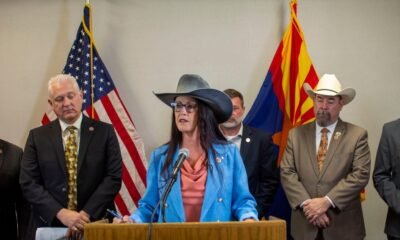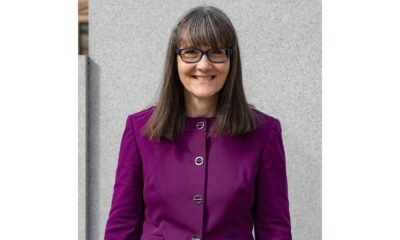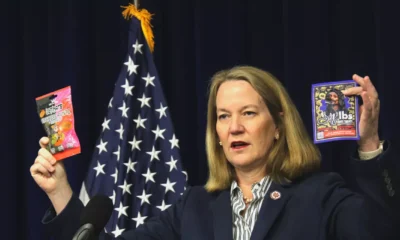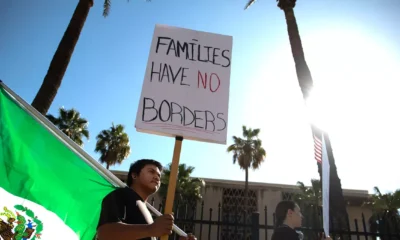arizona
Arizona’s ‘Fake Electors’ Fight Back: Allegations of Prejudice in Grand Jury Hearing
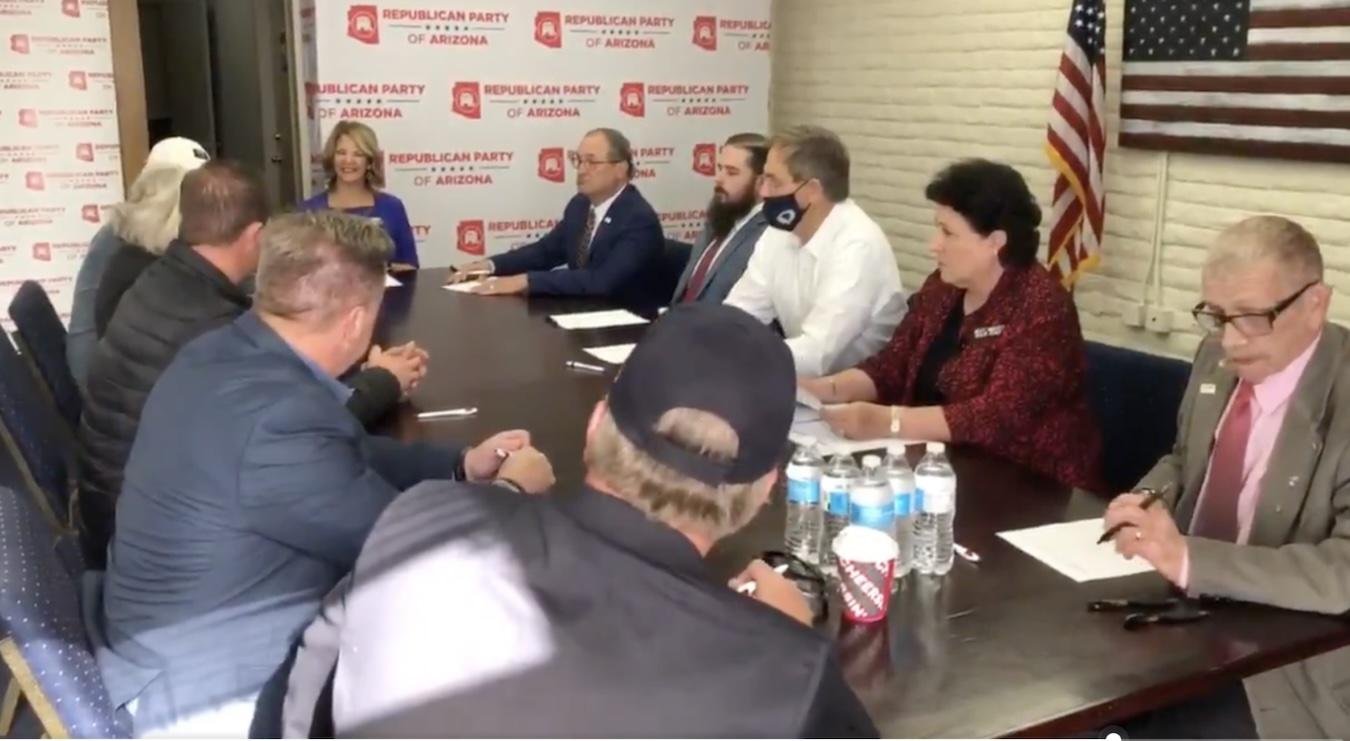
Four Arizona Republicans, indicted for fraud and forgery after submitting an alternate slate of electoral votes for Donald Trump in 2020, are arguing for a fresh grand jury to hear their case. This plea arose from concerns that their proceedings were severely compromised by the use of the term “fake electors.”
The defendants include notable figures such as former Trump attorney John Eastman and Tyler Bowyer from Turning Point USA. They claim the grand jury’s 18-day proceedings were biased due to prosecutors labeling them as “fake electors” throughout the process. Defense attorney Lacey Cooper highlighted that there is no legal framework in Arizona dictating the electoral college, suggesting that the label was prejudicial. She stated, “That alone requires a remand,” addressing Maricopa County Judge Sam Myers.
The group of 11 Republicans submitted election documents that incorrectly identified them as Arizona’s “duly elected” electors, despite Joe Biden winning the state by 10,000 votes. They maintain that their actions stemmed from a belief that the U.S. Supreme Court might overturn the election results. Their argument hinges on the premise that the documents were placeholders during ongoing election litigation, not fraudulent claims.
State prosecutor Krista Wood countered this assertion, emphasizing that the intent to defraud was the basis for the indictments, not merely the creation of a false document. “That is not unlawful,” she remarked, using the analogy of tax filings to illustrate that accidental inaccuracies don’t constitute criminal activity without intent.
Cooper further contended that whether the documents can be classified as fake should be determined by a trial jury, not presupposed in grand jury proceedings. The defendants also invoked the Electoral Count Act of 1887, which allows for multiple electoral votes in disputes, citing historical precedents from 1960 and 1876.
Defense attorney Stephen Binhak, representing Bowyer, asserted that the state failed to adequately explain the Electoral Count Act to the grand jury, a claim Judge Myers has previously dismissed. Wood remarked that no violations of the act were charged against the defendants, making it an irrelevant factor in the case.
During the hearing, the defendants alleged that prosecutors misrepresented evidence and relied on unqualified testimonies. They criticized the characterization of ongoing litigation as “frivolous,” suggesting it undercut their justification for submitting the alternate electoral slate. However, to date, no credible evidence of widespread election fraud has emerged from various ongoing litigations.
As legal motions continue to unfold, much depends on the Arizona Court of Appeals, which is expected to respond to a request from the state to reverse Judge Myers’ prior rulings. If the appellate court does not act, the state will need to justify how it may have violated the defendants’ First Amendment rights, or risk the dismissal of the case entirely.
